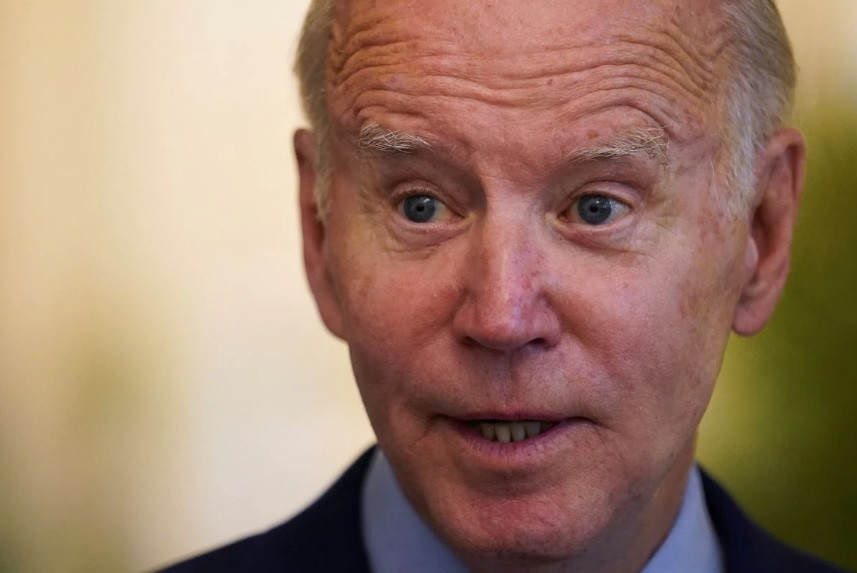House Speaker Kevin McCarthy said Sunday he is looking forward to discussing with President Joe Biden a “reasonable and responsible way that we can lift the debt ceiling” when the two meet Wednesday for their first sit-down at the White House since McCarthy was elected to the post.
McCarthy, R-Calif., said he wants to address spending cuts along with raising the debt limit, even though the White House has ruled out linking those two issues together as the government tries to avoid a potentially devastating financial default.
The speaker pledged that cuts to Social Security and Medicare would be off the table.
“I know the president said he didn’t want to have any discussion (on cuts), but I think it’s very important that our whole government is designed to find compromise,” McCarthy told CBS’ “Face the Nation.” “I want to sit down together, work out an agreement that we can move forward to put us on a path to balance — and at the same time not put any of our debt in jeopardy at the same time.”
Asked whether he would make a guarantee, McCarthy said, “There will not be a default,” though he suggested that declaration depended on the willingness of Biden and Democrats to negotiate.
The White House on Sunday confirmed Wednesday’s meeting on “a range of issues.” It said Biden looked forward to “strengthening his working relationship” with McCarthy and to asking about the speaker’s plan on spending, noting that the first House bill passed by Republicans this year to slash IRS funding would ultimately increase the deficit.
“The President will ask Speaker McCarthy if he intends to meet his Constitutional obligation to prevent a national default, as every other House and Senate leader in U.S. history has done,” the White House said. “He will underscore that the economic security of all Americans cannot be held hostage to force unpopular cuts on working families.”
McCarthy was elected speaker on a historic post-midnight 15th ballot early on Jan. 7, overcoming holdouts from his own ranks and tensions that have tested the new GOP majority ability to govern.
Word of the long-awaited White House meeting comes at a time of divided government in Washington with a debt ceiling crisis brewing and House Republicans ready for confrontation.
McCarthy has been eager to push Biden to the negotiating table, hoping to make good on the promises the GOP leader made to holdouts during his campaign to become speaker to pare federal spending back to 2022 budget levels, which would be a sizable 8% budget cut.
The White House has made clear that Biden is not willing to entertain policy concessions in exchange for lifting the debt limit, which is the nation’s borrowing authority. The United States bumped up against that limit earlier this month, and the Treasury Department has deployed “extraordinary measures” to stave off a potential default for at least a few more months.
Biden himself has scoffed at the idea of negotiating spending cuts, telling Democratic congressional leaders last week that Republicans were “genuinely serious about cutting Social Security, cutting Medicare.”
Also read: US-China military conflict chances ‘very high’: top Republican
On Sunday, when McCarthy was asked if he would push cuts to those programs, he said, “Let’s take those off the table.” Pressed on possible defense cuts that he may have promised to House conservatives, McCarthy responded: “I want to eliminate waste wherever it is. … I want to look at every single department.”
Washington Rep. Adam Smith, the top Democrat on the House Armed Services Committee, said his party supports a clear fiscal plan for the future but that Republicans have been disingenuous in addressing the issue.
“We shouldn’t be negotiating over whether or not we should pay our bills. That’s our position,” Smith told “Fox News Sunday.” “Right now, the Republicans don’t have a plan. Their plan, as led by the extremists in their party, is to complain about spending, not raise the debt ceiling, but not actually offer a plan that says, ‘This is what we’re going to cut.’
The coming debt limit showdown has a familiar precedent.

